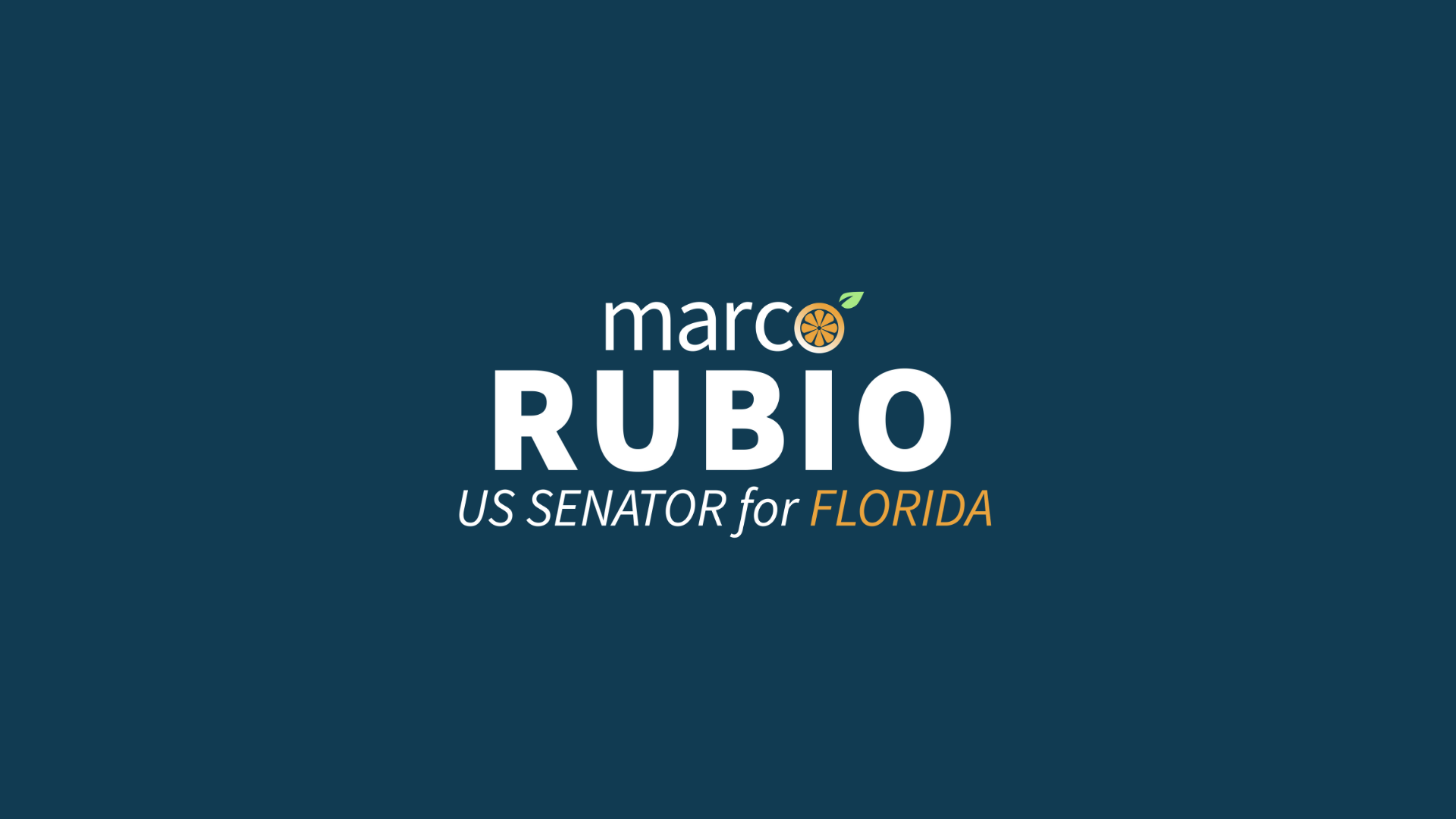Source: United States Senator for Florida Marco Rubio
Washington, DC – U.S. Senator Marco Rubio (R-FL) joined Senator Bob Menendez (D-NJ) in sending a letter to Secretary of Treasury Janet Yellen to renew their request that the Committee on Foreign Investment in the United States (CFIUS) conduct a formal review of the transactions of Brazilian meatpacking conglomerate JBS S.A., its holding company J&F Investimentos, and any entity owned or controlled by Wesley and Joesley Batista. Over the last fourteen years, the conglomerate has become increasingly active in the United States food sector, acquiring numerous American companies. However, its expansion has largely been fueled by corruption, illicit financial activity, and unfair business practices that undermine legitimate methods of competition and harm U.S. companies and consumers alike.
“When foreign companies benefit from corrupt practices and spread them to U.S. markets, they jeopardize our economic security, present direct risks to our businesses, and undermine our efforts to fight corruption abroad. With JBS S.A. planning further U.S. acquisitions in the near future, the need for a thorough investigation is urgent,” the senators wrote, condemning JBS S.A.’s use of bribery to acquire state financing to fund its U.S. acquisitions and its abuse of its dominance in the U.S. meatpacking sector to inflate profits at American families’ expense. “Only once we know the full extent and details of JBS S.A.’s acquisitions, after a thorough CFIUS review, will American businesses and consumers be safe.”
The full text of the letter is below.
Dear Secretary Yellen,
We write to renew our request that the Committee on Foreign Investment in the United States (CFIUS) review all U.S. acquisitions by the Brazilian meatpacking conglomerate, JBS S.A., its holding company J&F Investimentos, and any entity owned or controlled by Wesley and Joesley Batista. We remain deeply concerned by the company’s habitual use of criminal practices to obtain the funds to acquire U.S. companies. When foreign companies benefit from corrupt practices and spread them to U.S. markets, they jeopardize our economic security, present direct risks to our businesses, and undermine our efforts to fight corruption abroad. With JBS S.A. planning further U.S. acquisitions in the near future, the need for a thorough investigation is urgent.
Brazil-based JBS S.A. and its wholly-owned subsidiary, JBS USA, significantly expanded their share of the U.S. meatpacking industry over the past fourteen years not through open competition or transparent means, but through bribery. In 2017, Joesley and Wesley Batista—the owners of J&F Investimentos, a Brazilian company which controls more than 40 percent of JBS S.A.—admitted to dispensing over $150 million in bribes to acquire state financing from the Brazilian Development Bank (BNDES) to fund its U.S. acquisitions. On October 14th, 2020, the Justice Department confirmed that J&F Investimentos had violated the U.S. Foreign Corrupt Practices Act (FCPA) in using money from bribes to buy Swift Foods Co. and Pilgrim’s Pride. Illicitly obtained funds also contaminated New York banks and real estate purchased by the Batista brothers.
JBS S.A. has repeatedly used its significant presence in the U.S. meatpacking sector to inflate its profits at American families’ expense. On February 24, 2021, Pilgrim’s Pride, which is majority owned by JBS S.A., pled guilty to conspiring to increase chicken prices and pass the costs on to consumers, and agreed to pay a $107.9 million fine. On April 20, 2021, JBS USA agreed to pay $12.75 million to resolve a series of civil antitrust cases involving similar alleged price-fixing in the pork industry.[5] With 35 million Americans facing hunger on a daily basis, inflating the prices of basic goods to boost profits is unacceptable.
However, the damage done by the Batista brothers and JBS S.A does not stop at America’s borders. From 2014 to 2018, JBS S.A. maintained a near monopoly on beef consumed in Venezuela, selling low-quality meat from Brazil at inflated prices to the Maduro regime’s notoriously corrupt importer, Venezuela Corporation of Foreign Trade (CORPOVEX). In 2017, Brazilian Federal Police caught JBS S.A. exporting dangerous expired meat worldwide and using cancer-causing chemicals to cover their tracks, risking the health and wellbeing of the foreign populations.
Joesley and Wesley Batista have faced legal consequences for JBS S.A.’s corruption-fueled expansion, but there are no signs they have learned from past mistakes. In the wake of 2017 bribery revelations, both were convicted and served time in prison and under house arrest. However, in May 2020, a Brazilian appeals court authorized the Batista brothers to return to their management positions with J&F Investimentos. JBS S.A. has added several senior compliance and control positions since 2017, but family members of the Batista brothers still make up a majority on the company’s board, generating pervasive conflicts of interest.
JBS S.A. made record profits in the first quarter of 2021, and is now planning to diversify beyond the meatpacking industry. In June 2021, the company acquired Vivera Topholding BV, the third largest manufacturer of plant-based food products in Europe. It has also announced plans to expand into the American fintech sector through a subsidiary, Banco Original, which is under investigation by Brazil’s Securities and Exchange Commission for allegedly profiting from insider information.
The Batista brothers, who are worth over $6 billion, have the means to continue their corruption-fueled expansion. Based on their track record, they are likely to continue using unfair business practices to exclude fair methods of competition and harm competing U.S. businesses and consumers alike. Before JBS S.A. can be allowed to expand its corrupt business practices to new markets, there must be accountability. Only once we know the full extent and details of JBS S.A.’s acquisitions, after a thorough CFIUS review, will American businesses and consumers be safe. We therefore ask that CFIUS review the national security implications of all JBS S.A.’s acquisitions in the U.S.
Sincerely,
